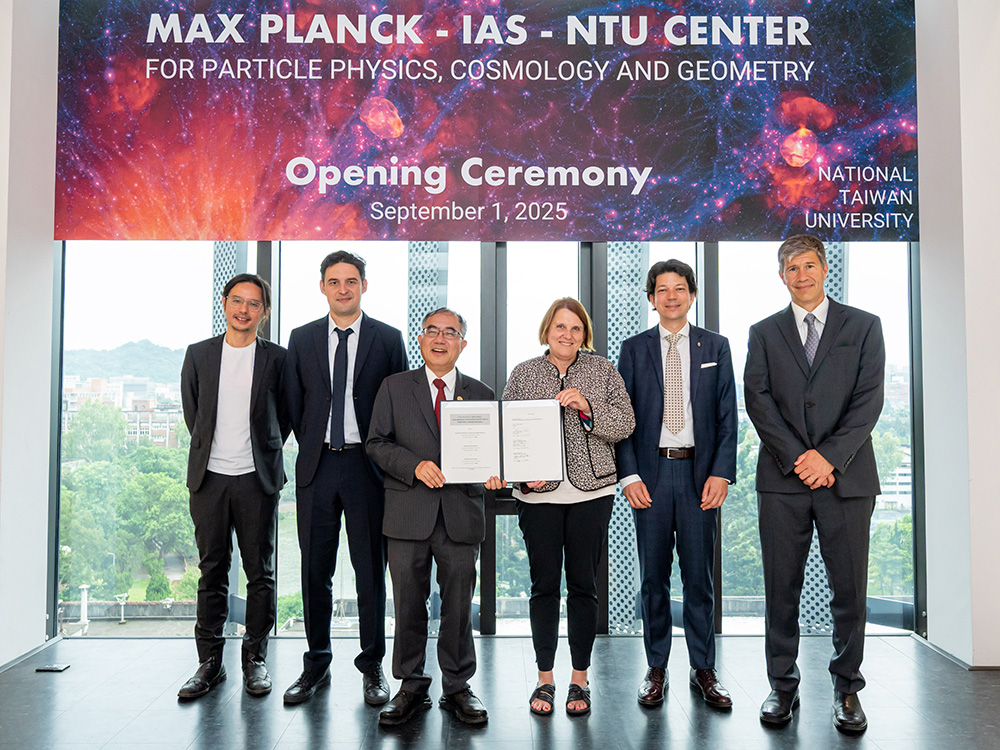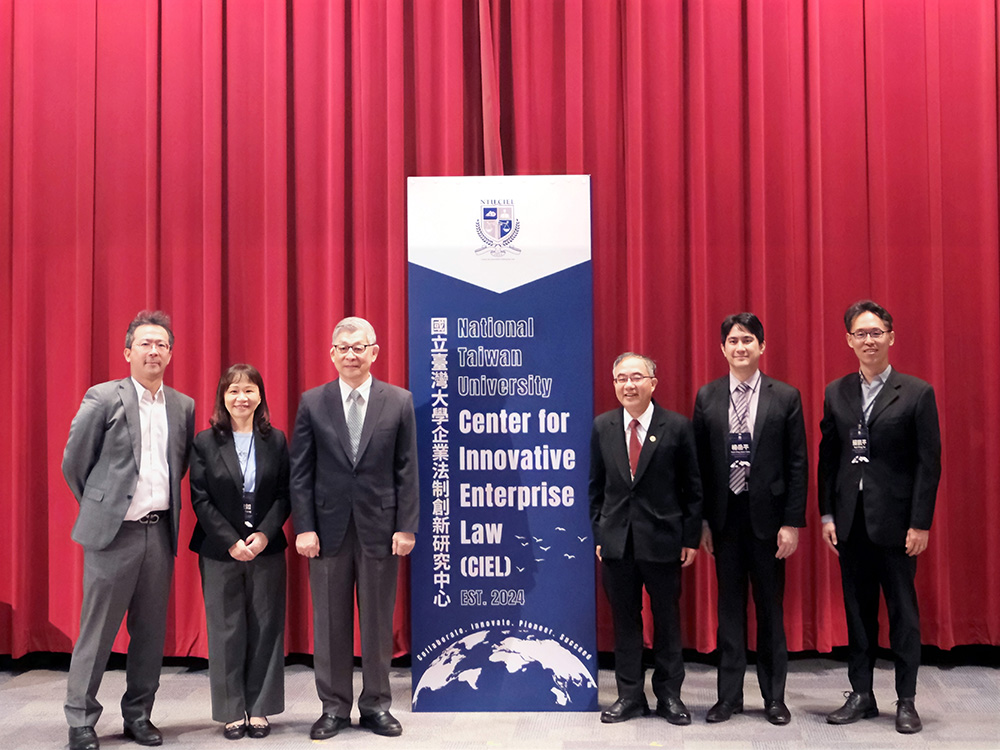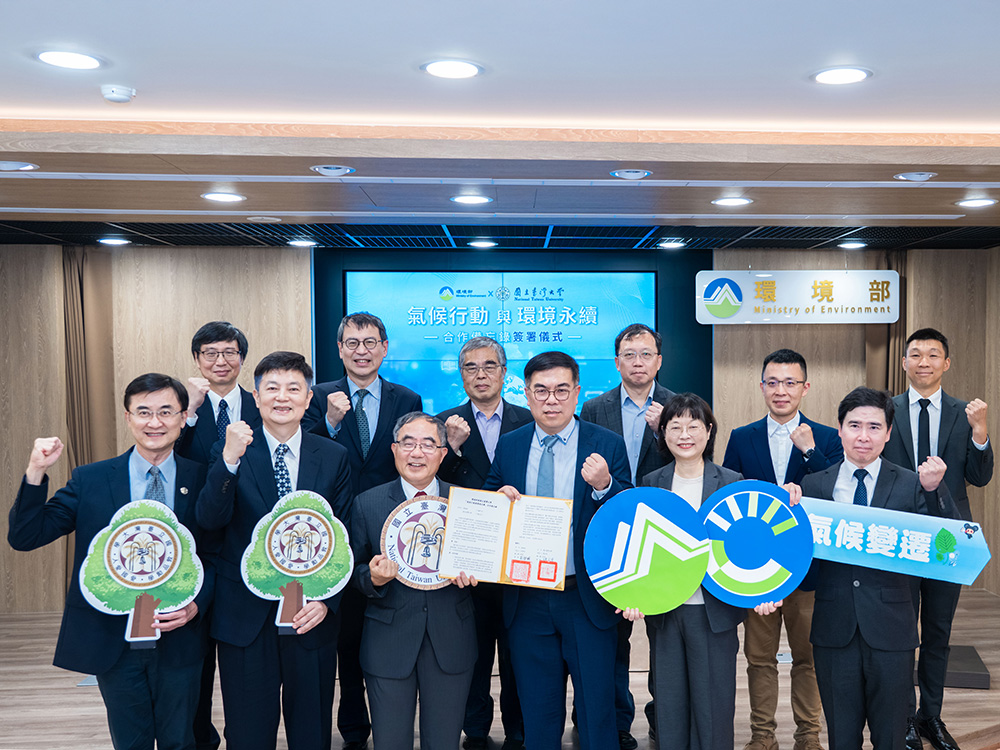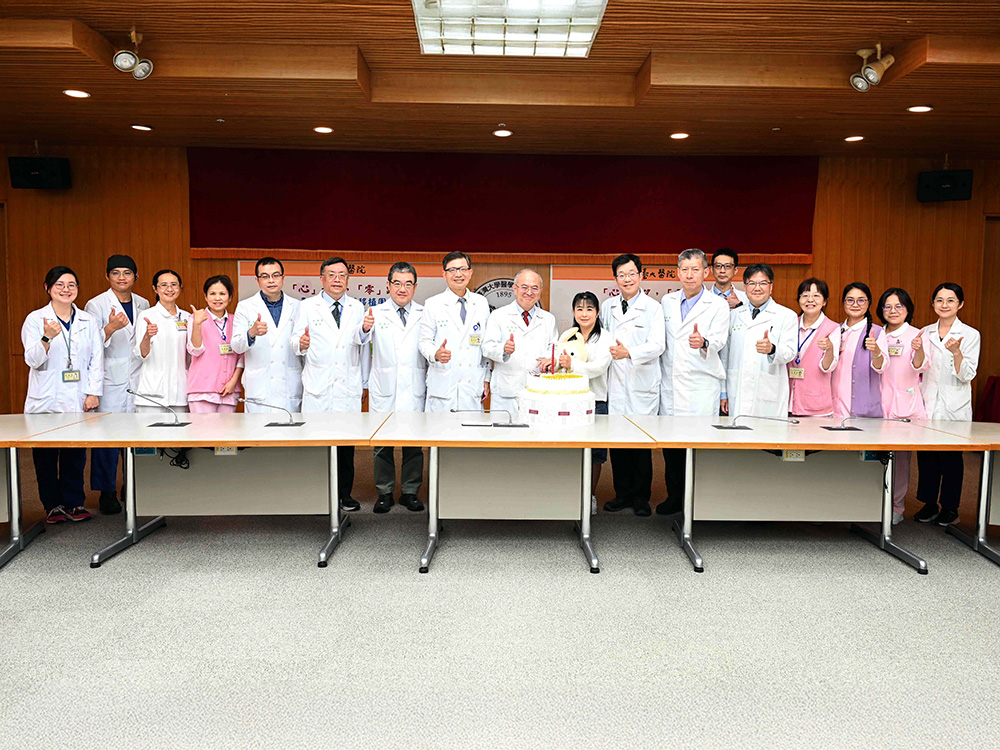
A new milestone for science at NTU: The inauguration of the Max Planck-IAS-NTU Center
瀏覽器版本過舊,或未開啟 javascript
請更新瀏覽器或啟用 javascript
Spotlights
Wild adzuki beans (left) and modern cultivated adzuki beans (right): The domestication process has visibly altered seed coat color and seed size.
The first to eat Adzuki Beans, Japan started agriculture earlier than previously estimated
The smooth, aromatic adzuki bean paste found in popular sweets like filled pancakes and shaved ice has long been a favorite across East Asia. But when and where did wild adzuki beans first transition into the cultivated varieties we consume today? A multinational team led by Prof. Cheng-Ruei Lee of the Institute of Ecology and Evolutionary Biology at National Taiwan University (NTU) tackled this question through the lens of genetics. Their research not only confirms that domesticated adzuki beans originated in Japan, but also reveals that agriculture in Japan began thousands of years earlier than previously believed—offering fresh insights into longstanding archaeological questions surrounding the origins of farming in the region. The findings were recently published in Science.
Supported by Taiwan’s National Science and Technology Council under the “Columbus Program” and the “Young Scholar Fellowship Program,” Prof. Lee teamed up with Dr. Ken Naito of Japan’s National Agriculture and Food Research Organization (NARO) to form a cross-border research team. With major contributions from postdoctoral researcher Dr. Chih-Cheng Chien and team members, the group analyzed genetic material from adzuki bean accessions preserved in Japan’s national germplasm collections. Their work not only sheds light on unresolved questions in archaeology but also offers new directions for crop breeding and plant domestication research.
Rewriting the Origins of Japanese Agriculture: Evidence of Early Crop Selection by the Jōmon People
For decades, the mainstream view held that Japan’s earliest inhabitants—the Jōmon people—relied exclusively on hunting, gathering, and fishing, and that true agriculture only arrived around 3,000 years ago with the Yayoi people, who brought rice cultivation from the Northeast Asian mainland to Kyushu and beyond. In recent years, however, archaeological hypotheses have suggested that the Jōmon may have practiced rudimentary crop selection, though concrete evidence had been lacking.
By examining the genetic diversity of adzuki bean germplasm across Asia, the research team found that wild adzuki populations in central Japan began undergoing domestication-related genetic changes between 3,000 and 5,000 years ago. This provides direct genomic evidence that the Jōmon people engaged in early forms of agriculture and selection, challenging the long-held view of them as exclusively foragers and confirming their role in the domestication process.
Genomics Opens New Paths for Archaeology
In most domesticated legumes, wild progenitors tend to have smaller, darker-colored seeds, whereas cultivated varieties often have larger seeds with more color variation. However, due to the humid environment in East Asia, ancient seeds are rarely preserved in good condition. Archaeological research typically relies on carbonized seed remains or seed impressions in pottery, making it difficult to determine when seed color traits first emerged.
The research team identified genes that control seed color and other domestication traits in adzuki beans. They found that mutations in these genes date back nearly 10,000 years, indicating that trait selection in adzuki beans may have begun much earlier than previously thought. This study provides direct genetic evidence to support long-standing archaeological hypotheses, and demonstrates how population genomics can help resolve historical questions across disciplines. It sets the stage for new research pathways in both archaeology and agricultural science.
This research was made possible with support from the National Science and Technology Council, National Taiwan University, the College of Life Science, the Foundation for the Advancement of Outstanding Scholarship, and Academia Sinica.
Link to the article in Science: https://www.science.org/doi/10.1126/science.ads2871

A new milestone for science at NTU: The inauguration of the Max Planck-IAS-NTU Center

A Distinguished Global Research Center Established at NTU under Trilateral Cooperation

NTU Launches Center for Innovation in Enterprise Law—with Forum Highlighting Trump’s Policy and Legal Shifts Amid Geopolitical Tensions

NTU and Ministry of Environment Sign MOU to Advance Net-Zero Transition and Environmental Resilience

NTU Hospital’s Cardiac Transplant Team Pioneers Beating Heart Transplant with Zero Ischemic Time
Current Spotlights